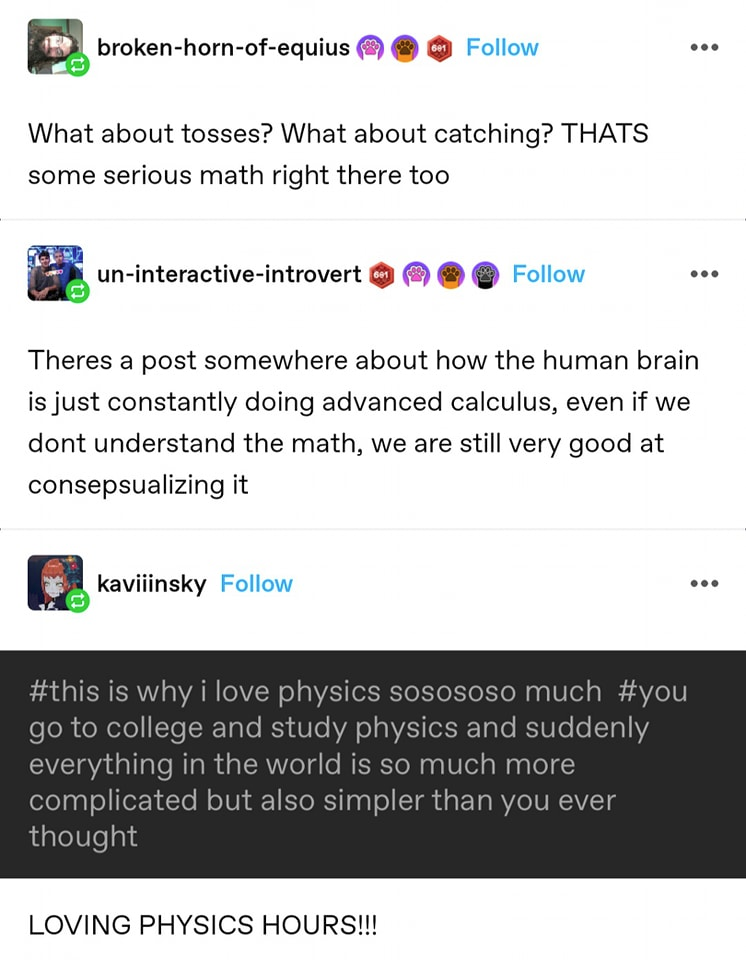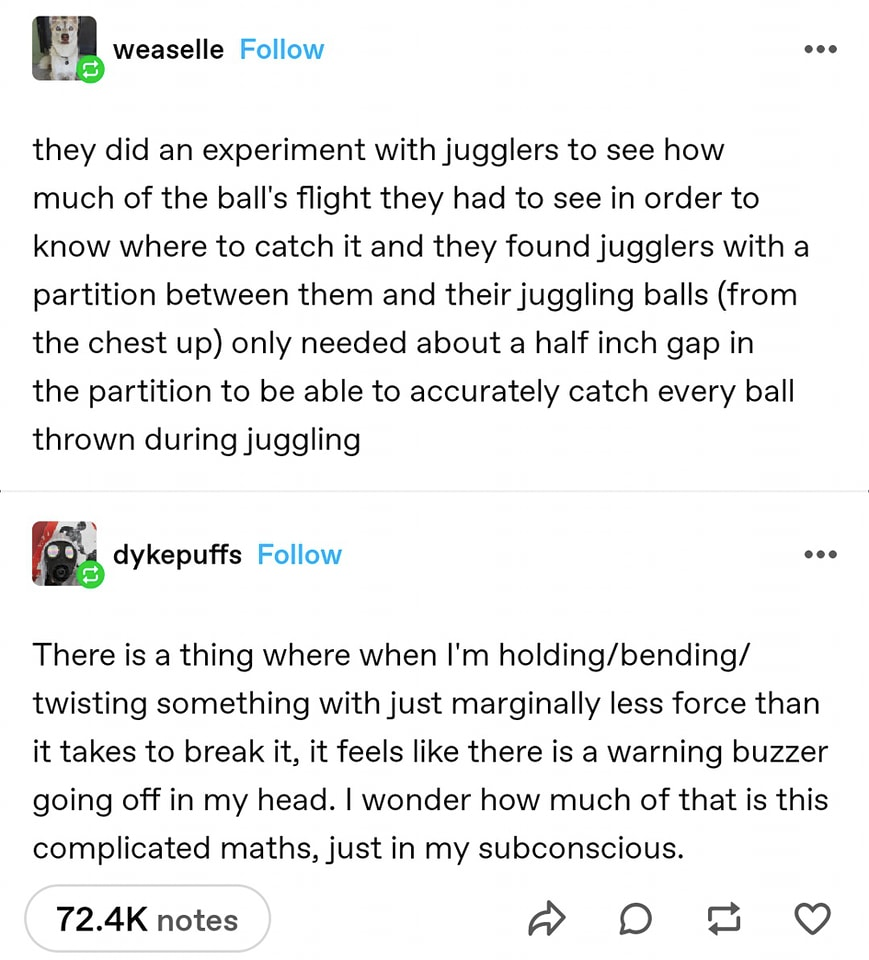this post was submitted on 15 Nov 2024
1222 points (99.5% liked)
Science Memes
11945 readers
2505 users here now
Welcome to c/science_memes @ Mander.xyz!
A place for majestic STEMLORD peacocking, as well as memes about the realities of working in a lab.

Rules
- Don't throw mud. Behave like an intellectual and remember the human.
- Keep it rooted (on topic).
- No spam.
- Infographics welcome, get schooled.
This is a science community. We use the Dawkins definition of meme.
Research Committee
Other Mander Communities
Science and Research
Biology and Life Sciences
- [email protected]
- [email protected]
- [email protected]
- [email protected]
- [email protected]
- [email protected]
- [email protected]
- [email protected]
- [email protected]
- [email protected]
- [email protected]
- [email protected]
- [email protected]
- [email protected]
- [email protected]
- [email protected]
- [email protected]
- [email protected]
- [email protected]
- [email protected]
- [email protected]
- [email protected]
- [email protected]
- [email protected]
- !reptiles and [email protected]
Physical Sciences
- [email protected]
- [email protected]
- [email protected]
- [email protected]
- [email protected]
- [email protected]
- [email protected]
- [email protected]
- [email protected]
Humanities and Social Sciences
Practical and Applied Sciences
- !exercise-and [email protected]
- [email protected]
- !self [email protected]
- [email protected]
- [email protected]
- [email protected]
Memes
Miscellaneous
founded 2 years ago
MODERATORS
you are viewing a single comment's thread
view the rest of the comments
view the rest of the comments



I mean... there is nothing simple about the calculations involved in something like that lol. That's like countless differential equations per second.
No, IIRC it was just : film the ball and repetedly do: "is the ball to the left, go left. Is it a little to the left, go little to the left" etc.
Like a PID but with only the P part. I don't know if it makes any sense :-)
I mean, that's easy enough if you're trying to catch the ball with your face. Usually that's not the goal, so you’ll be standing slightly to the side or the object is moving toward your stomach. ;)
Even then, that's discounting the whole image analysis part of the equation, which your brain does dozens of times per second with incredible accuracy. Your waste bin example would have had to do enough to differentiate the ball from the background, and that definitely qualifies as a complex algorithm.
ETA: also, closing your hand at the right time does require your brain to know how close the object is, not just that you've positioned yourself in its path.
IIRC the imaging was just a black & white camera with the ball being black.
Detecting what is a ball is of course a whole other game, that I think was not the question. But if was then yes, that is more complicated.